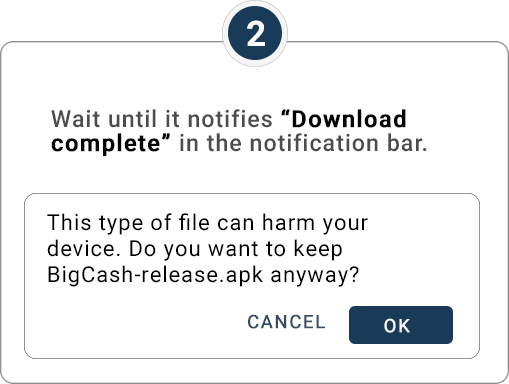In Contract Rummy, the primary goal is to create sequences and sets by melding the entire hand of cards. Participants strive to earn points by forming these melds and strategically getting rid of cards. The ultimate aim is to be the first player to reach the lowest score by completing all seven rounds.
Contract Rummy is a variant of the traditional Rummy card game, often played with different variations such as Indian Rummy, California Rummy, Frustration Rummy, and sometimes incorporating elements of Dummy Rummy and Wild Cards. Here are the general rules:
1. Objective:
- The objective of Contract Rummy is to be the first player to complete all the required contracts or melds and score the lowest number of points.
2. Deck:
- Contract Rummy is typically played with two standard decks of 52 cards each, including jokers if used.
3. Dealing:
- The dealer shuffles the decks and deals cards to each player one at a time, usually in clockwise order. The number of cards dealt varies based on the contract being played.
4. Contracts/Melds:
- Each round of Contract Rummy consists of players trying to fulfill specific contracts or melds.
- Contracts may include sequences (straight flushes) or sets (three or four of a kind).
- Indian Rummy typically requires players to form sequences and sets.
- California Rummy may include various combinations like sequences, sets, and runs.
- Frustration Rummy might involve completing specific combinations within a certain number of rounds.
- Dummy Rummy involves players creating melds with a combination of their own cards and cards from a dummy hand.
5. Wild Card:
- Some variations of Contract Rummy allow for the inclusion of wild cards, which can substitute for any other card in a meld.
- The rules regarding wild cards vary and should be agreed upon before the game starts.
6. Gameplay:
- Players take turns in clockwise order.
- On a player's turn, they draw a card from the deck or the discard pile.
- After drawing, they must discard one card from their hand.
- The objective is to form valid melds and lay them on the table.
- Players may also add cards to existing melds laid down by themselves or other players.
7. Going Out:
- When a player has fulfilled all the required contracts for the round, they may go out by discarding their final card.
- The other players get one final turn to lay down their melds or add to existing ones.
8. Scoring:
- At the end of each round, players score points based on the cards remaining in their hands.
- Number cards count their face value, face cards count as 10 points, and aces count as 1 point.
- The winner of the round scores zero points, while other players score points based on the cards left in their hands.
- The game usually consists of several rounds, and the player with the lowest total score at the end of all rounds wins.
9. Ending the Game:
- The game typically ends after a predetermined number of rounds or when a player reaches a certain score threshold.







.webp)
.webp)
.webp)
.webp)
.webp)
.webp)

.webp)







